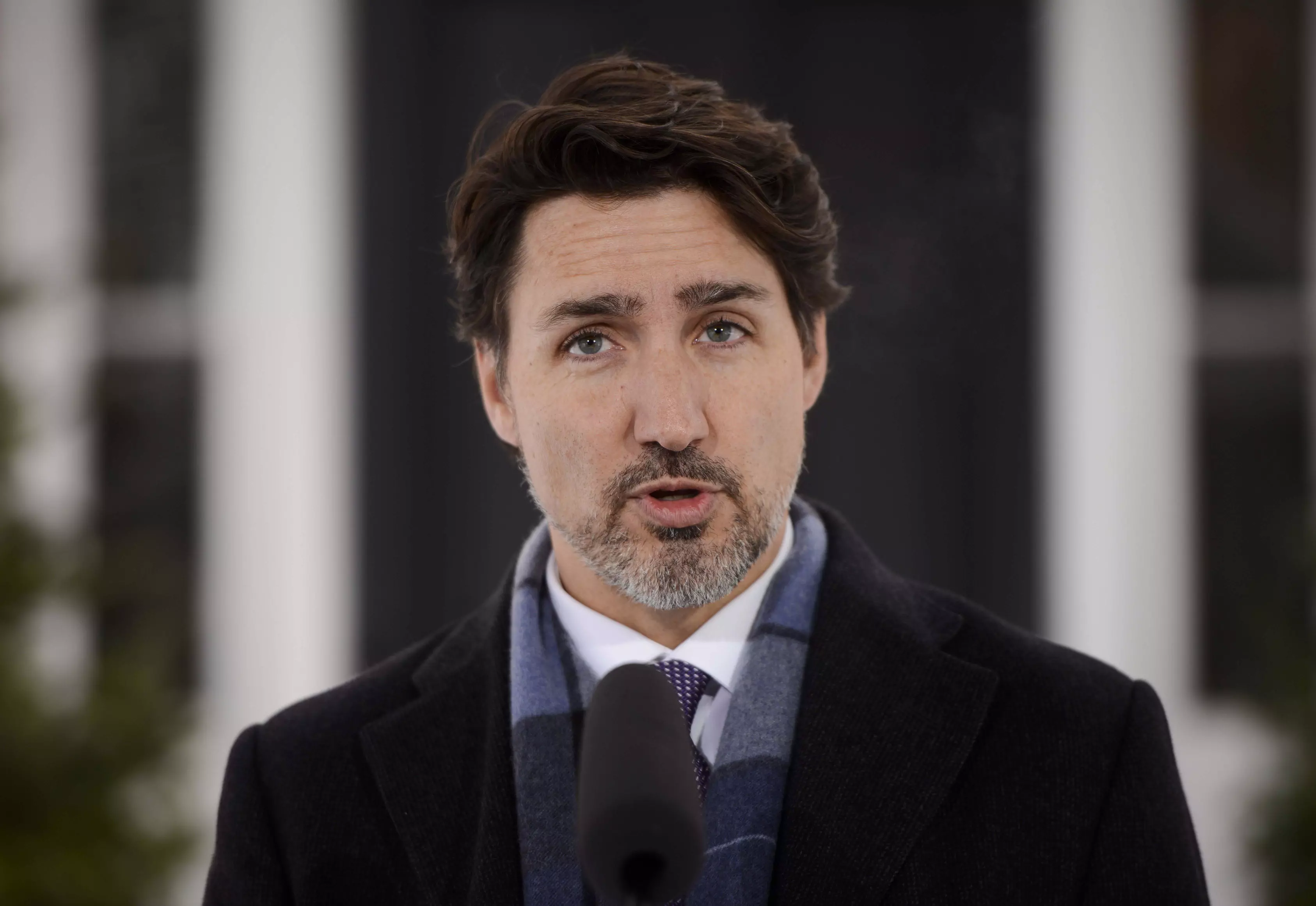Canada Claims India Tied to Bishnoi Gang, India Dismisses

NEW DELHI: The Royal Canadian Mounted Police (RCMP) on Tuesday (IST) alleged that “agents of the Government of India” used criminals affiliated with the dreaded Lawrence Bishnoi gang to “target (the) South Asian community... specifically pro-Khalistani elements” in Canada, but Indian government sources said “no specifics had been provided” to substantiate these “vague” and baseless allegations. Hours after the RCMP’s allegations against India, Canadian Prime Minister Justin Trudeau claimed the Indian government had made a “fundamental error” of supporting a campaign of violence against Canadians on Canadian soil but Indian government sources said it was the “same old Trudeau saying the same old things for the same old reasons”. Sources in New Delhi made it clear that “no credible evidence” had been presented by Canada to India, contrary to the Canadian claims, adding that “it is absurd that after intensively engaging the high commissioner (Sanjay Kumar Verma) over the last year, the Canadian government now chooses to target him”.
This comes hours after both Canada and India had expelled six diplomats each from the other country even as bilateral ties have hit an all-time low. India had earlier said it was recalling its high commissioner and other “targeted” diplomats soon after it received a communication from the Canadian government which “suggested that the Indian high commissioner in Ottawa and other diplomats are ‘persons of interest’ in a matter related to an investigation in that country”. Canada had accused India in September last year of involvement in the killing of Canadian citizen and pro-Khalistan extremist Hardeep Singh Nijjar on Canadian soil in June last year, which New Delhi had called “absurd”. Canada said earlier that it had expelled six Indian diplomats including the Indian high commissioner, while New Delhi had swiftly retaliated by expelling the same number of Canadian diplomats, including the acting high commissioner and deputy high commissioner.
Indian government sources on Tuesday said: “The central assertion from all Canadian officials is that credible evidence has been presented to India. This was also repeated by their charge d’affaires to the press. This is simply not true. From the very beginning, the Canadian approach has been to make vague accusations and put the burden of denial on India. At the RCMP press briefing, assertions were made about the connections of certain individuals to India. In no case were any specifics provided. There was also talk about holding people accountable. But it was never made clear who and for what.”
Meanwhile, stunning charges were levelled against India by RCMP commissioner Mike Duhene and his deputy Brigitte Gauvin on the killing of Nijjar. “It (the Indian government) is targeting the South Asian community... but they are specifically targeting pro-Khalistani elements in Canada. What we have seen, from an RCMP perspective, is that they use organised crime elements,” Ms Gauvin told reporters. “It has been publicly attributed and claimed by one crime group in particular -- the Bishnoi gang. We believe the group is connected to agents of the Government of India,” the RCMP’s top officers said, according to reports. When asked specifically if “agents of the Indian government” were being accused of “homicide, extortion, intimidation, and coercion”, Mr Duheme replied “yes”. Mr Duheme and Ms Gauvin also claimed some Indian diplomatic staff work with organised crime elements to “collect… through questionable and illegal means.. information on Canadian citizens... (that is fed to criminal organisations) that would then take violent actions from extortion to murder”.
Soon after this, the Canadian PM said at a news conference on Canada’s Thanksgiving Day: “I think it is obvious that the Government of India made a fundamental error in thinking that they could engage in supporting criminal activity against Canadians, here on Canadian soil. Whether it be murders or extortion or other violent acts, it is absolutely unacceptable. No country, particularly not a democracy that upholds the rule of law, can accept this fundamental violation of its sovereignty.”

